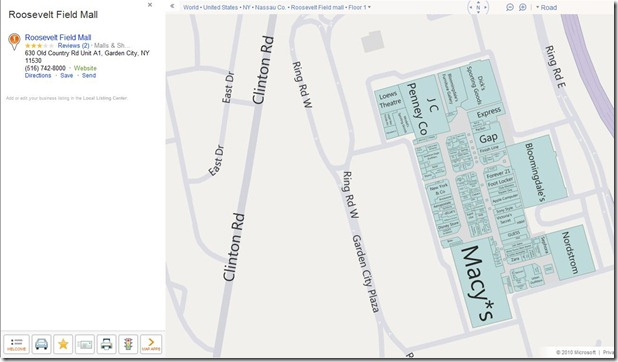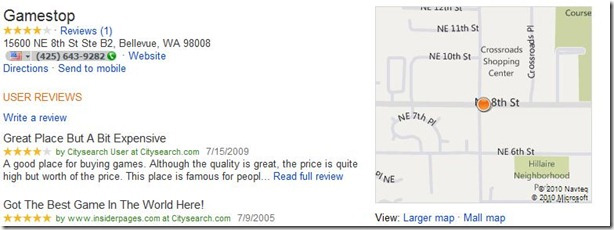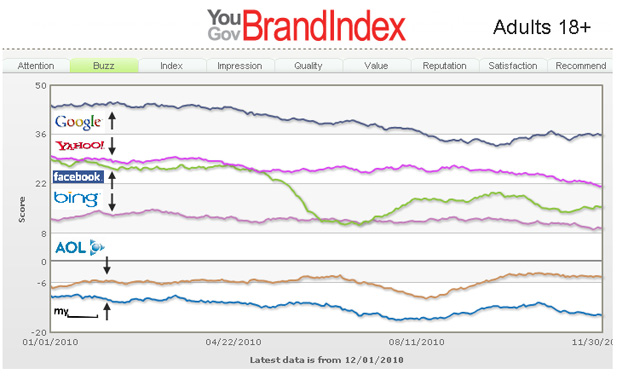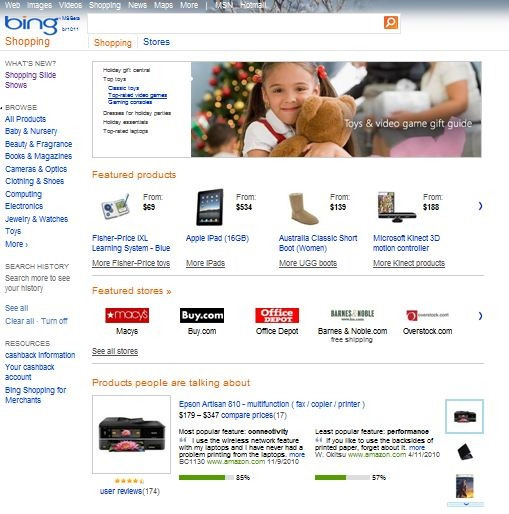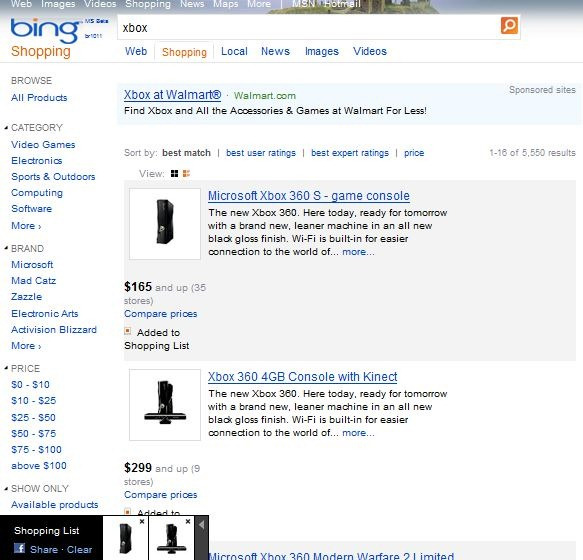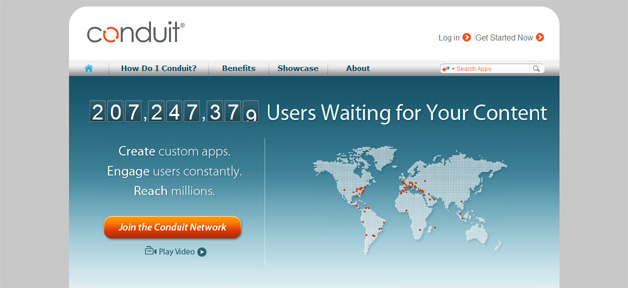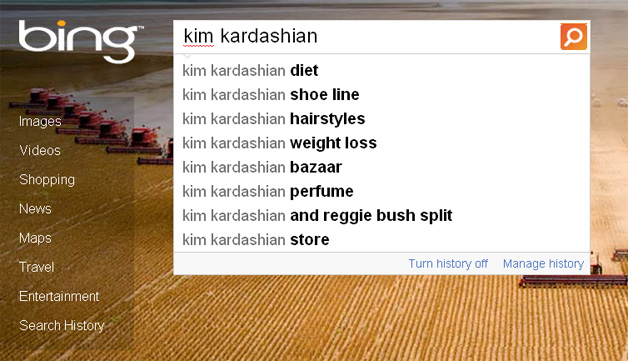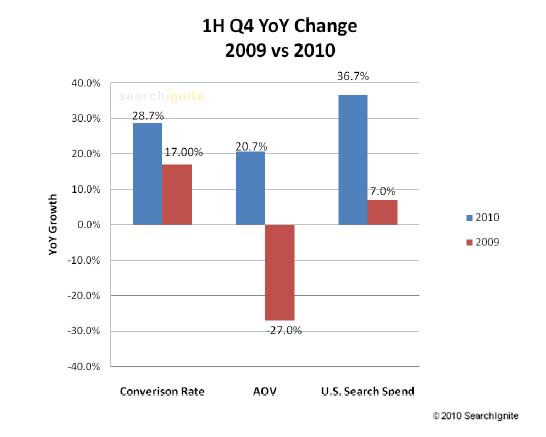Microsoft has released new "artist pages" for Bing. When you search for a musician or band, it should bring up one of these pages directly on Bing, including things like an artist bio, genre information, a list of playable song samples, discography, videos, news, tour dates, web results, etc.
"Whether you’re looking to discover deeper cuts, in the market for tickets to the next concert, brushing up on your favorite lyrics, buying a song or finding out whether the lead singer was arrested, Bing now organizes the most common things associated with your favorite artist in a new user interface," the Bing Team explains.
The concept isn’t bad, but the execution leaves quite a bit to be desired. My first instinct, using this feature, was to check out one of my favorite bands (Converge) to see what kind of info Bing delivered. I was disappointed to say the least.
Labels Can Be Deceiving
First off, the genre Bing has the band labeled as is "Electronic/Dance". I’m not a big fan of the limitations of labels, but this is just way off. There is nothing about the band Converge that is remotely reminiscent of such a genre. They play a special brand of moody metal with roots in hard core (though in some songs they defy genre entirely). That’s beside the point though. If I’m using Bing to check out a band I’ve never actually heard and the first thing I see is a label indicating that band belongs to a genre I don’t care for, I’m not likely to even sample the songs, and am bound to go on my way assuming this band is not for me. That’s not good for artists.
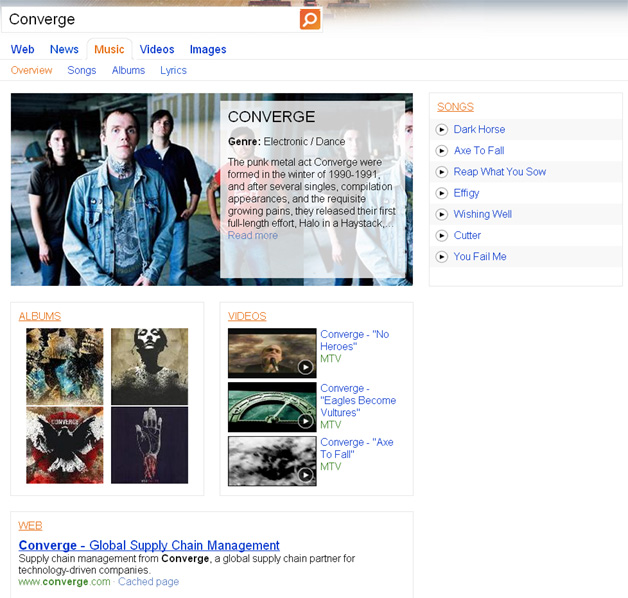
Interestingly enough, the first five words of the bio, which is directly under the genre (if you make it that far to read it) are, "The punk metal act Converge", which would be a more appropriate label (I suppose). The bio info and the song samples are pulled from Microsoft’s Zune Marketplace. I’ve asked the company where the genre info comes from, and am awaiting response. Zune has the band listed as simply "Rock" (which isn’t all that helpful either, but is more accurate than what the artist page says).
Irrelevant Results
The videos section simply goes to a Bing video search, which in the case of Converge, again leaves a lot to be desired. There are some Converge videos scattered among a lot of other random videos. I could look past this if I were just doing a search, because I don’t expect Bing to necessarily know that I am talking about the band (though this is debatable since I have them "liked" on my Facebook profile, and I believe Bing has access to that information), but when you’re coming directly from the artist page for this band, you would think they could do a better job filtering the artist-related videos out of the rest. At least the top three video results, which are visible on the artist page itself (before clicking through to see more results) are related to the band.
No such luck with the regular web results section on the artist page however. The first result is for "Converge – Global Supply Chain Management", followed by the band’s official site. Again, if I were just doing a random search, I could forgive this, but being how I’m on the actual artist page, Bing knows I’m talking about the band, yet it is still giving me the non-band result over the band result.
Other Issues
The "Converge" page is also lacking some of the other features afforded to some other artists (like tour dates, news, etc.). There is a link for lyrics, but you’d be hard pressed to find any Converge lyrics in there. It seems to pull any random song from any random artist that happens to contain the word "converge" in its lyrics. That must be what I’m looking for if I’m on a Converge artist page right?
Even the Zune marketplace, where much of the info for the artist pages appears to be pulled from has news for Converge (via the band’s official Twitter account), but this is not present on the artist page.
Is Converge the exception rather than the rule? Look up the band Grizzly Bear. There is an artist page for this group, which includes videos and images of grizzly bears (the animal). One of two web results is the Wikipedia page for the animal.

Bing’s artist pages might be more useful to you if the band you’re looking for doesn’t share a name with other things. Lady Gaga searchers are safe. It’s a good thing the Beatles didn’t call themselves the Beetles.
Not a Good Time for Bing to Disappoint
Bing’s artist pages could be quite useful for users and could help out Microsoft’s Zune unit, but they’re going to have to make some improvements. I’m not sure this was ready for prime time. Bing stands to make significant gains in search market share for reasons we’ve discussed before, and music searches are often done from mobile devices (which is one key area where Bing is bound to get some of that newfound market share).
Users may not be left with the greatest taste in their mouths if these are the kinds of results they’re presented with.
What do you think of Bing’s new artist pages? Let us know in the comments.
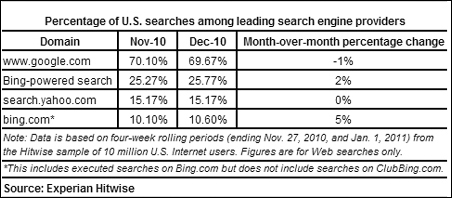
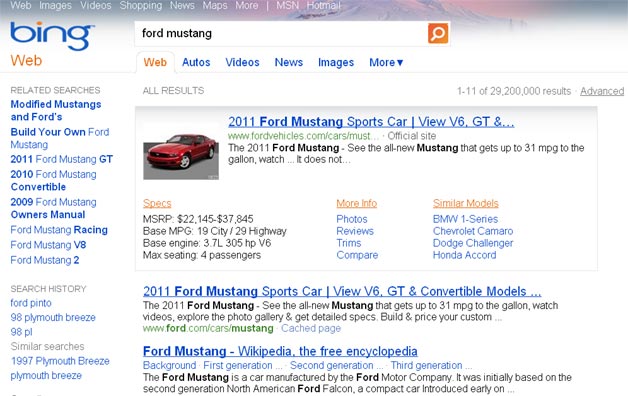
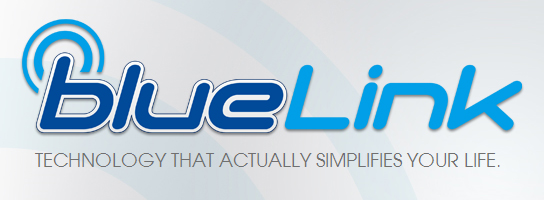
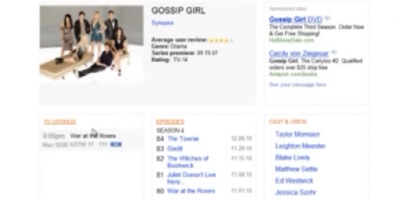

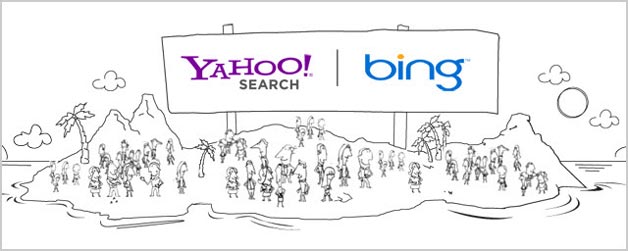

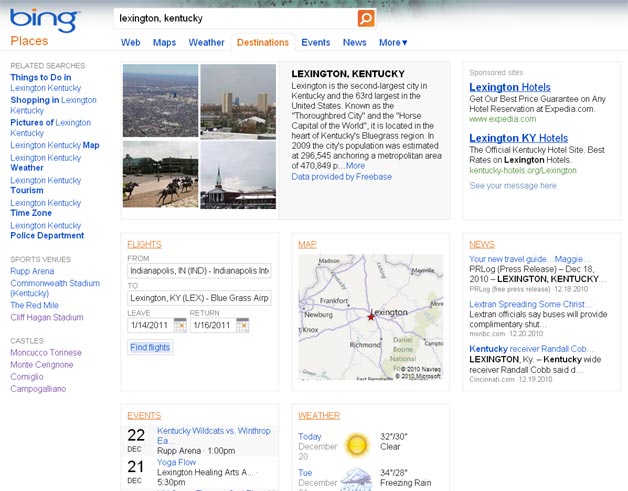




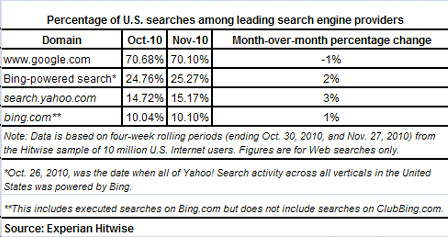
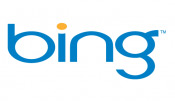 That’s pretty impressive by itself. Also, it puts the Bing-Yahoo partnership up in November, meaning Bing isn’t just stealing users away from its new associate.
That’s pretty impressive by itself. Also, it puts the Bing-Yahoo partnership up in November, meaning Bing isn’t just stealing users away from its new associate.